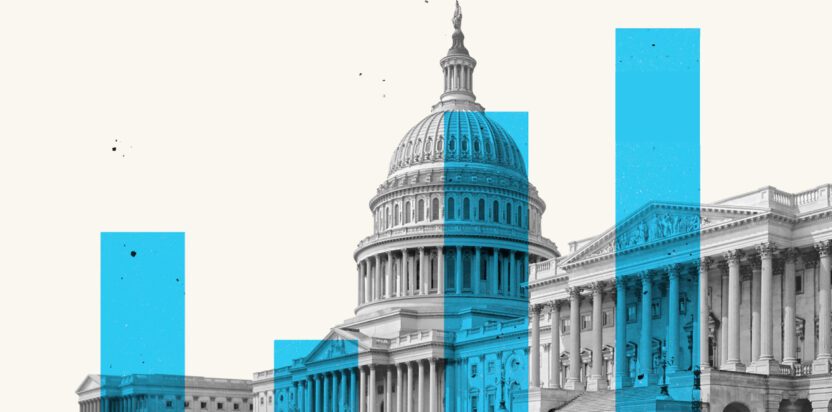What Is Democracy?

Encyclopedia: Democracy

Democracy … 1. Government by the people; that form of government in which the sovereign power resides in the people as a whole, and is exercised either directly by them (as in the small republics of antiquity) or by officers elected by them. In modern use often more vaguely denoting a social state in which all have equal rights, without hereditary or arbitrary differences of rank or privilege. B. A state or community in which the government is vested in the people as a whole…2. That class of the people, which has no hereditary or special rank or privilege; the common people (in reference to their political power).
- Oxford English Dictionary, (Vol. IV, 2nd ed.1989)
Kofi Annan, former General Secretary of the United Nations, famously said that democracy is “a form of non-violent conflict management.” From World War II to 2017, democracy spread world-wide, with nearly 60% of global countries classified as democracies. However, in a speech in 2017, Annan said that democracy is in crisis: ineffectiveness, declining trust, and inequality have eroded the integrity and legitimacy of democratic systems. Though democratic rule had grown dramatically after World War II (from 12 countries to 119 in year 2000), by 2020 the trend seemed to have stalled, if not reversed.
Assignment
- Please use the below table to compare your assigned countries. How strong is their expressed commitment to democracy? Why? What might explain any difference in the form and content of the preamble?
If your last name begins with the letters: Please read the preamble to the constitutions of two neighboring countries. A-E South Korea F-J Latvia K-O Colombia P-T Costa Rica U-Z Iraq - Using the Data Analysis tool, compare your two countries on the basis of (a) freedom of expression, (b) the freedom and fairness of elections, (c) strength of civil rights, and (d) and the strength of rule of law. How comparable are the two countries?
- Do democratic systems have the same machinery of government? Please access the Comparative Constitutions Project and compare the United Kingdom and the United States on the basis of (a) executive power (b) legislative power, and (c) judicial independence. What are the main differences in democratic governance between the two countries? How much of a difference does the form of government affect your definition of “democracy?”
- Is more democracy associated with better outcomes for society? Using the Data Analysis tool compare your two countries (see question 1) on the basis of (a) GDP Per Capita, Growth over the past 10 years, (b) social welfare (health, lifespan, civil rights, poverty, etc.), and (c) political stability.

